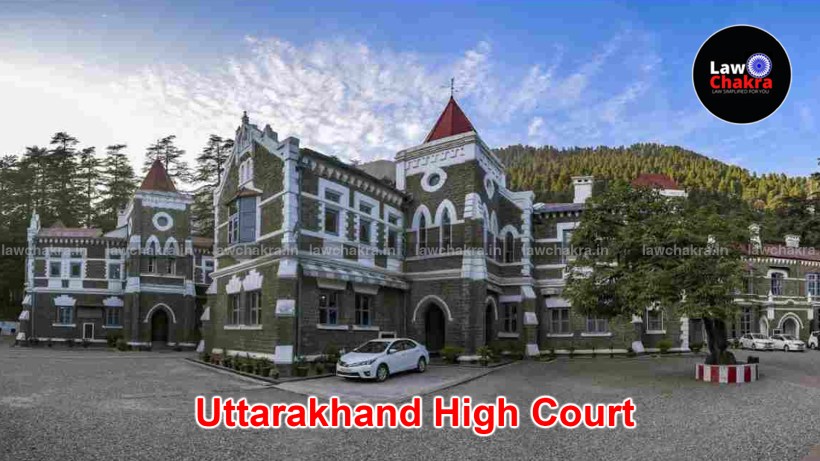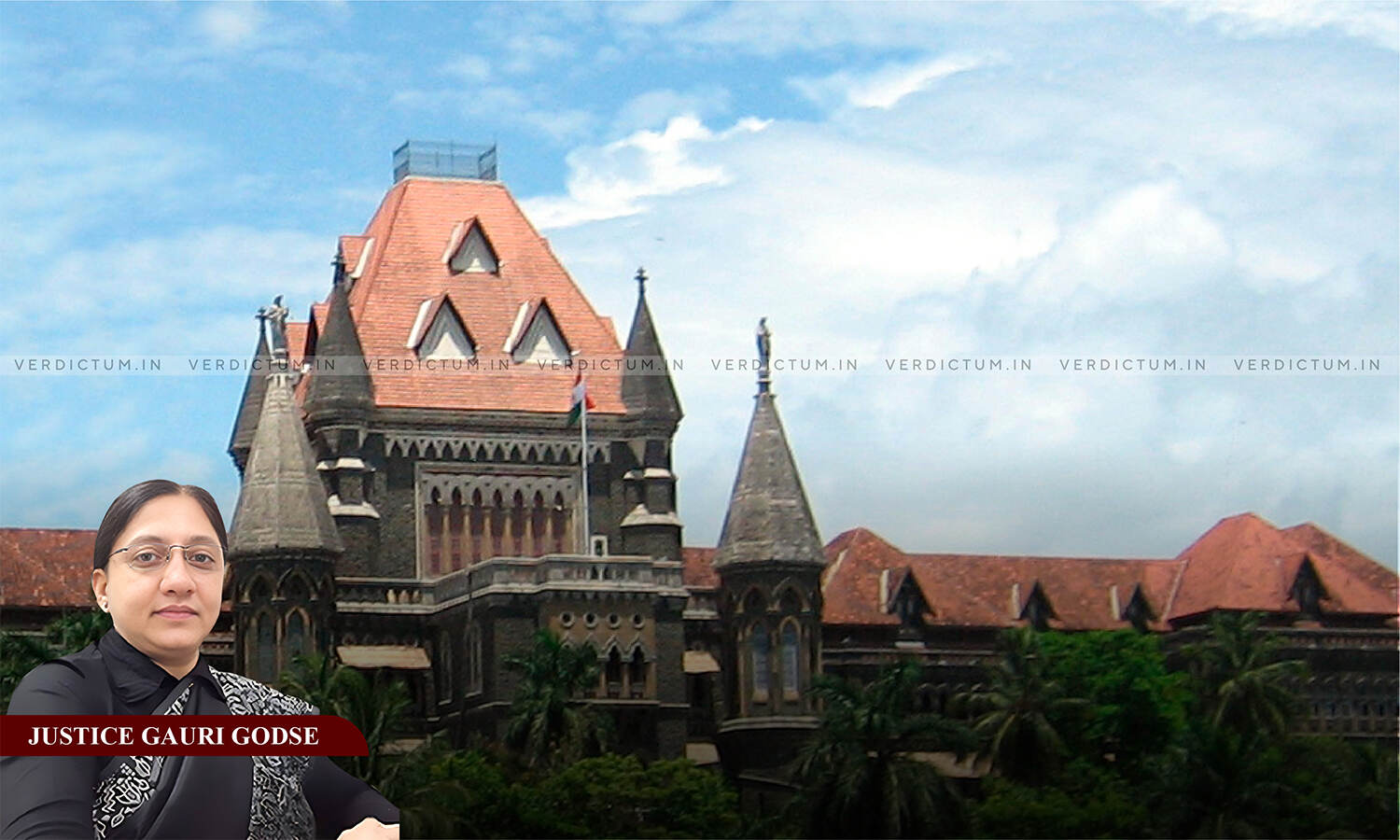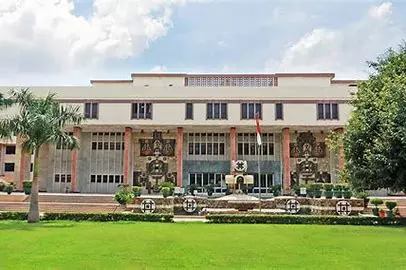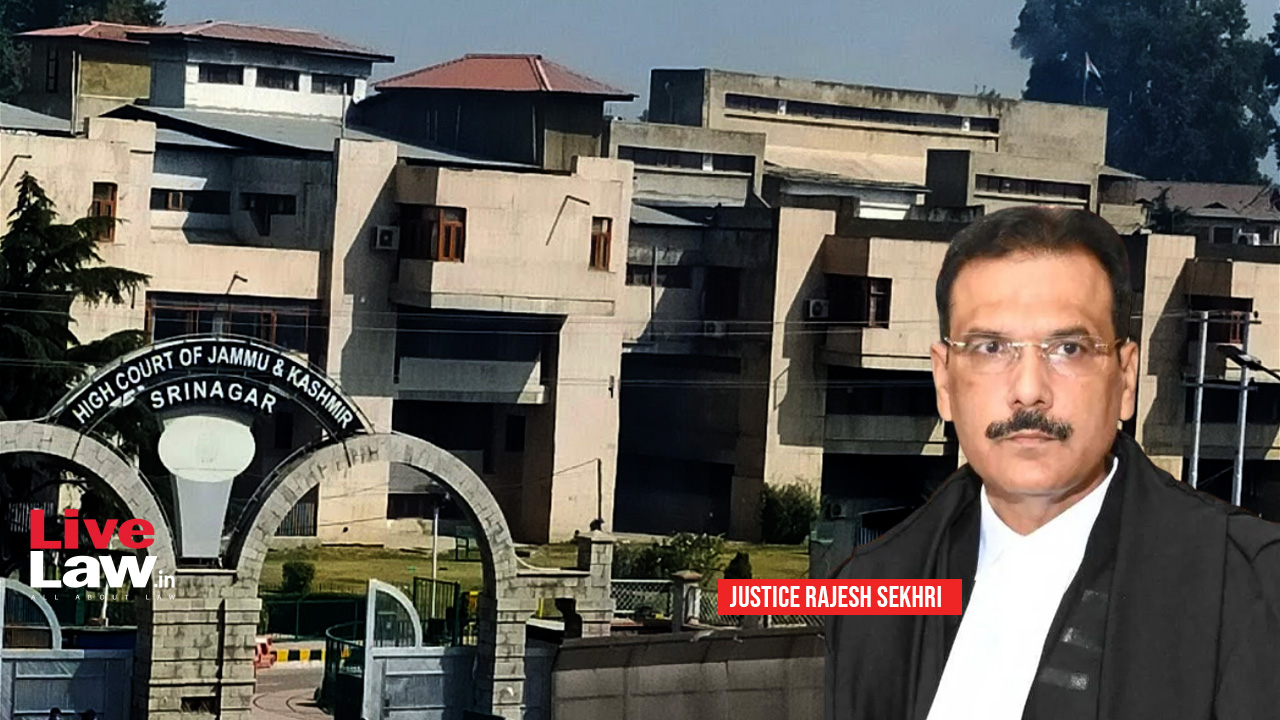Legal Heir Impleaded After Order 23 Rule 4 Enquiry Can’t Be Deleted Later Invoking Order 1 Rule 10 CPC : Supreme Court
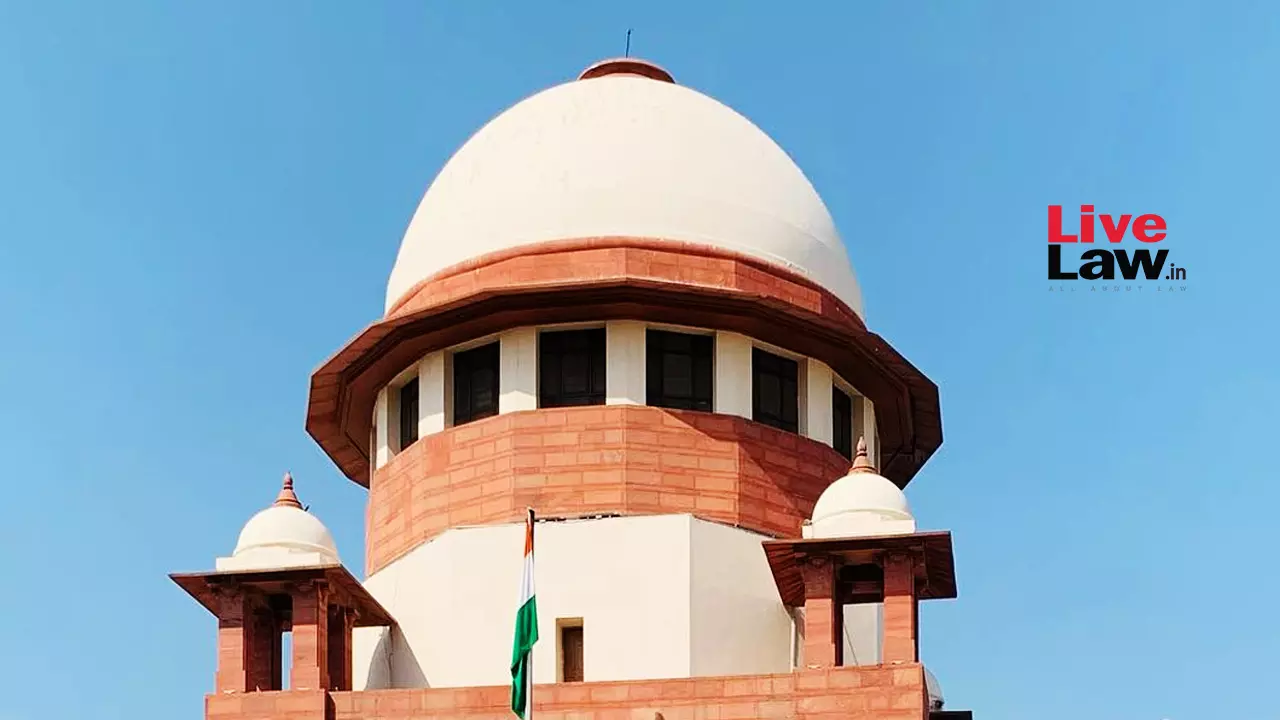
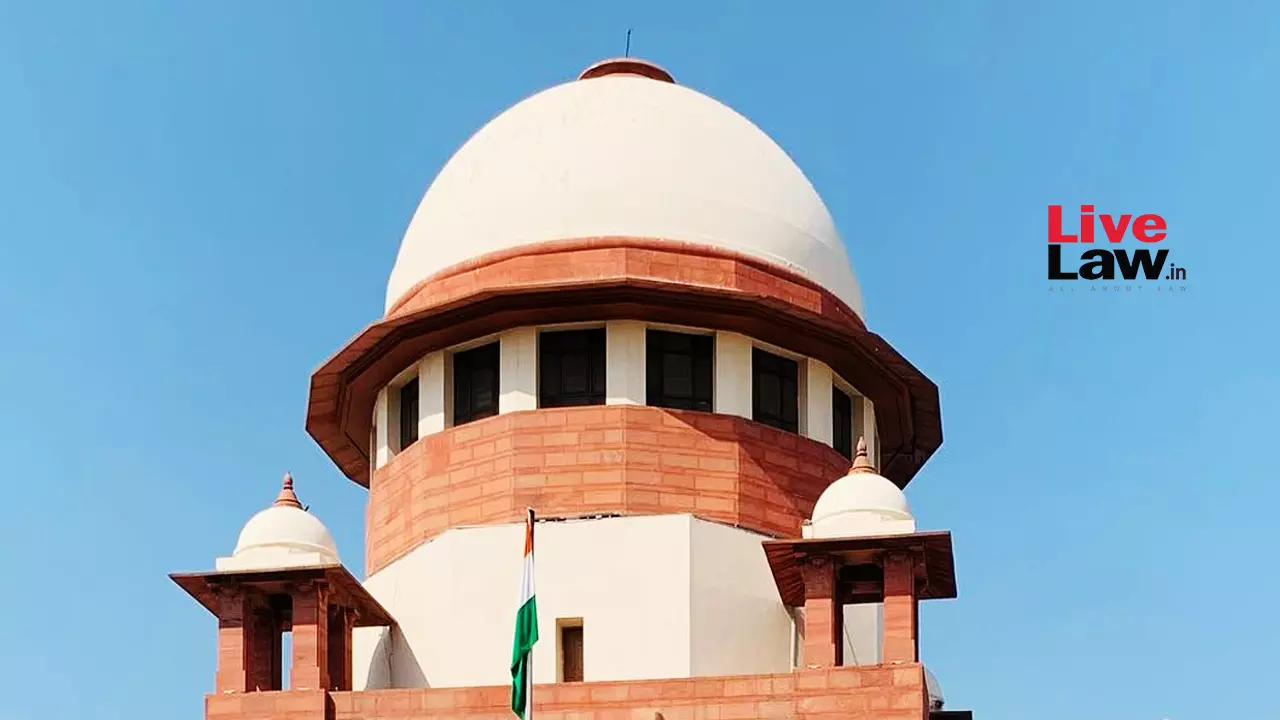
The Supreme Court recently clarified that while the power to add or remove parties under Order I Rule 10 of the Civil Procedure Code (CPC) can be exercised at any stage of the proceedings, this does not entitle a party to raise objections to impleadment of a legal heir at a later stage if the parry had sufficient opportunity to raise objections at the stage of Order XXIII Rule 4. The Court reasoned that this is because the principle of res judicata applies to impleadment proceedings under Order I Rule 10 CPC.
“The position of law is well settled that the power to strike out or add a party to the proceedings under Order I Rule 10 can be exercised by the court at any stage of the proceeding. However, the same cannot be construed to mean that when a particular party has been impleaded as a legal heir under Order XXII Rule 4 after due inquiry by the court and without any objections, the party can approach the court anytime later and seek his deletion from the array of parties by filing an application under Order I Rule 10. If at all the appellant was aggrieved by his impleadment as a legal heir, the suitable course of action was to first object to his impleadment under Sub-rule (2) of Order XXII Rule 4. Even then if the Trial Court would have decided against the appellant, it would have been open to him to approach the High Court by filing a revision application against the order of impleadment.”, the court said.
The bench comprising Justice JB Pardiwala and Justice R Mahadevan was hearing the case where the Appellant was impleaded in the suit as the legal heir of the defendant. The trial court’s impleadment order attained finality as no challenge was made to the same. Later on, the Appellant filed an application under Order I Rule 10 CPC seeking deletion of his name as legal heir, citing Muslim personal law, arguing that since his father predeceased his mother, he cannot be made the legal heir of his grandmother.
The Trial Court and High Court dismissed the application seeking deletion of impleadment, prompting the Appellant to appeal to the Supreme Court.
Affirming the impugned findings, the judgment authored by Justice Pardiwala observed:
“In the present case, the order for impleadment of the appellant as a legal heir was made by the Trial Court after due inquiry under Order XXII, as also observed by the Trial Court in its order rejecting the application under Order I Rule 10. Evidently, neither any objection was raised by the appellant before the Trial Court nor any revision was preferred subsequently against the said order. Thus, it could be said that the issue as regards the impleadment of the appellant as a legal heir of the original defendant had attained finality between the parties and thus the subsequent application under Order I Rule 10 seeking to get his name deleted from the array of parties could be said to be barred by res judicata. Undoubtedly, the expression “at any stage of the proceedings” used in Order I Rule 10 allows the court to exercise its power at any stage, however the same cannot be construed to mean that the defendant can keep reagitating the same objection at different stages of the same proceeding, when the issue has been determined conclusively at a previous stage. Allowing the same would run contrary to the considerations of fair play and justice and would amount to keeping the parties in a state of limbo as regards the adjudication of the disputes.”
“Thus, had the appellant taken up the objection at the right stage of the proceedings, it would have been open to the court to look into the said objection under Order XXII Rule 5 and disallow his impleadment as a legal heir of the original defendant. However, having failed to act at the appropriate stage, it was not open to the appellant to subsequently approach the court with an application under Order I Rule 10.”, the court added.
In terms of the aforesaid, the Court dismissed the appeal.
Also from the judgment- After Rejection Of Objection To Impleadment, Subsequent Application To Delete Party Barred By Res Judicata : Supreme Court
Case Title: SULTHAN SAID IBRAHIM VERSUS PRAKASAN & ORS.
Citation : 2025 LiveLaw (SC) 622


